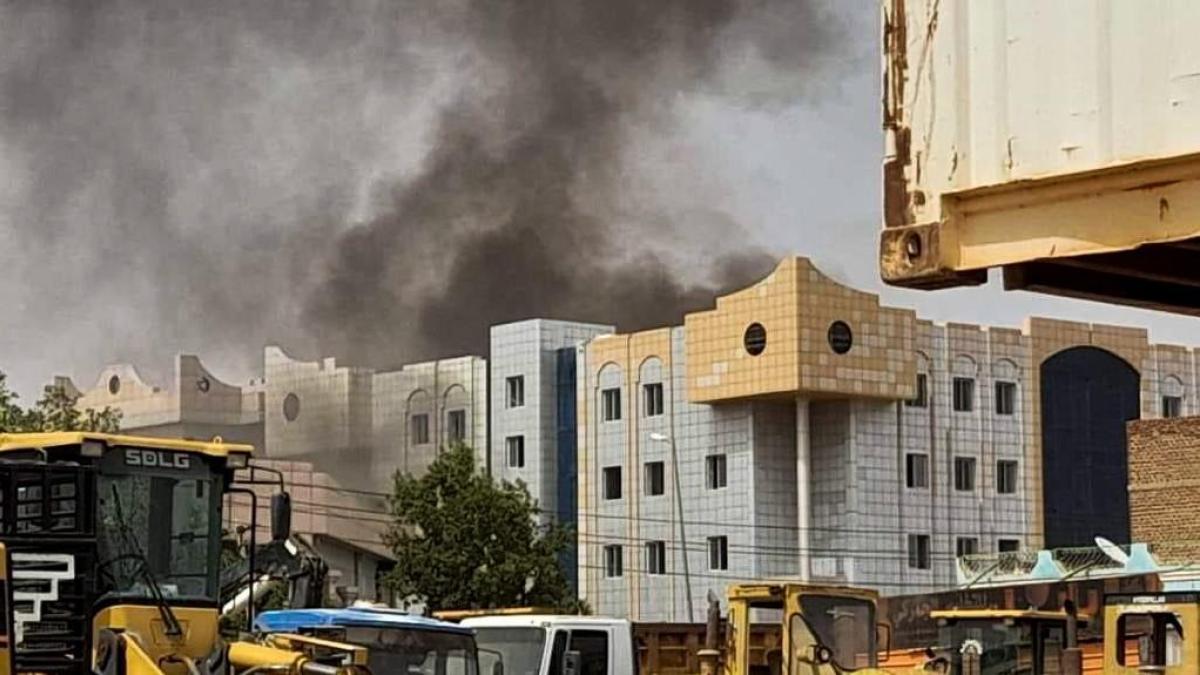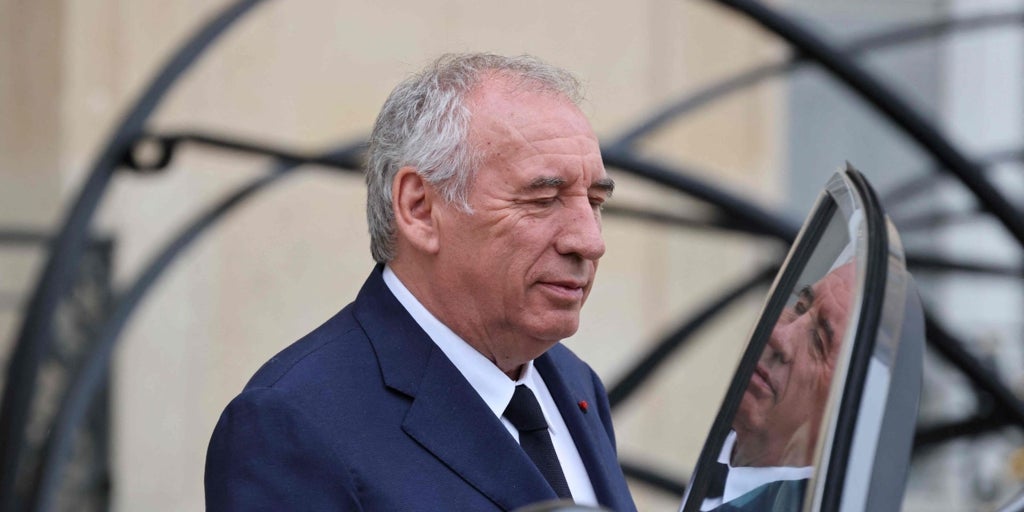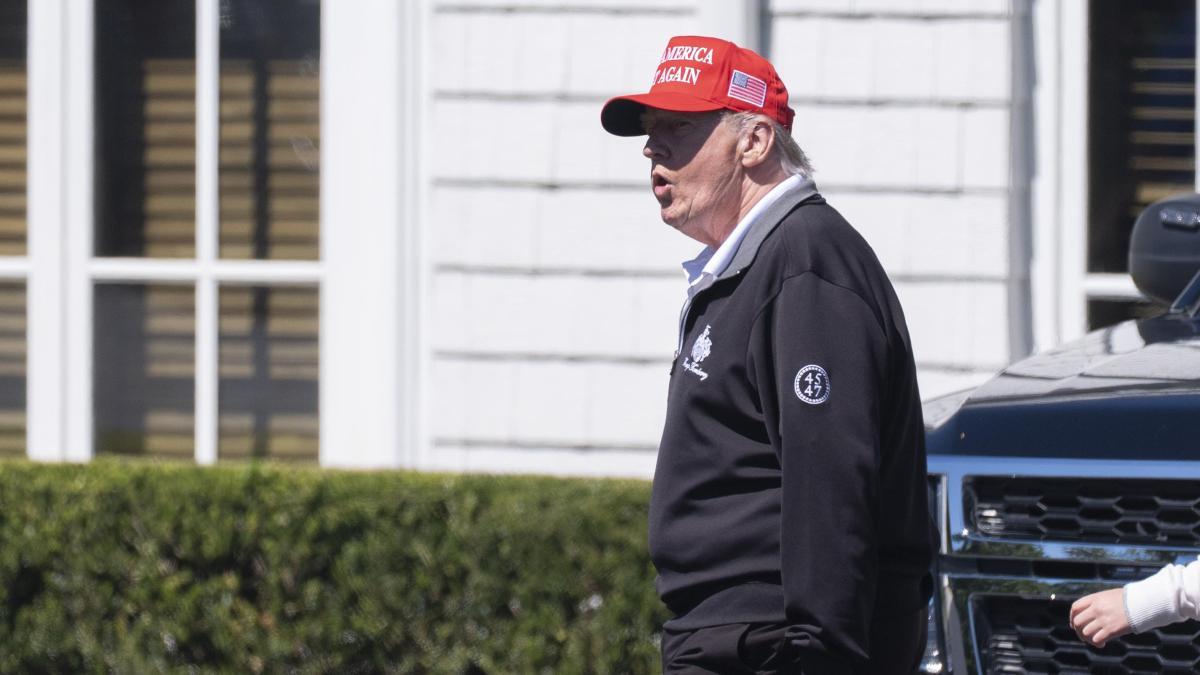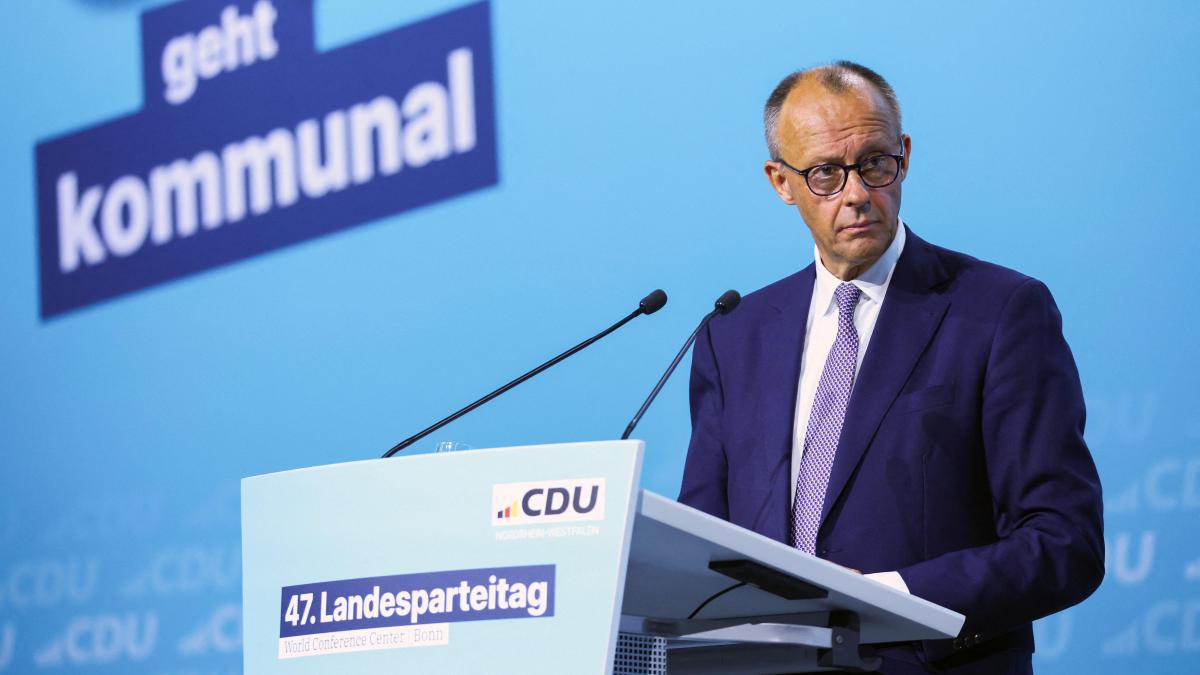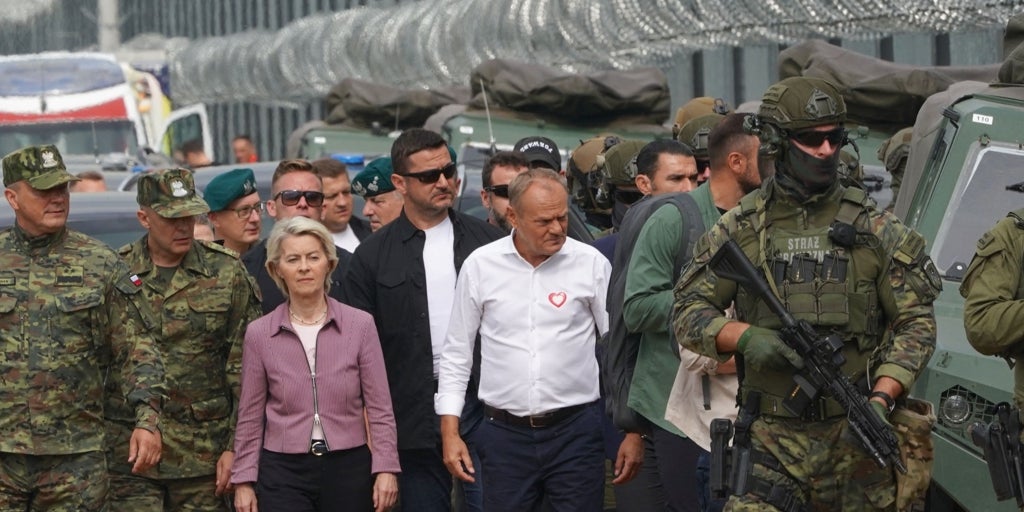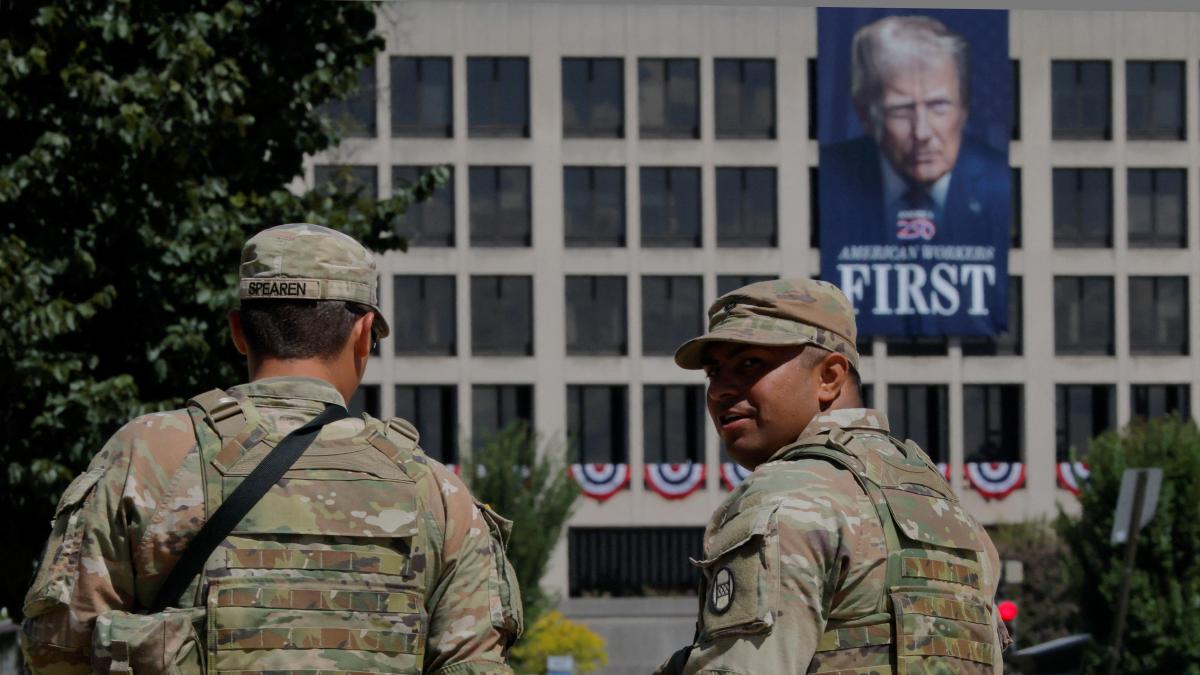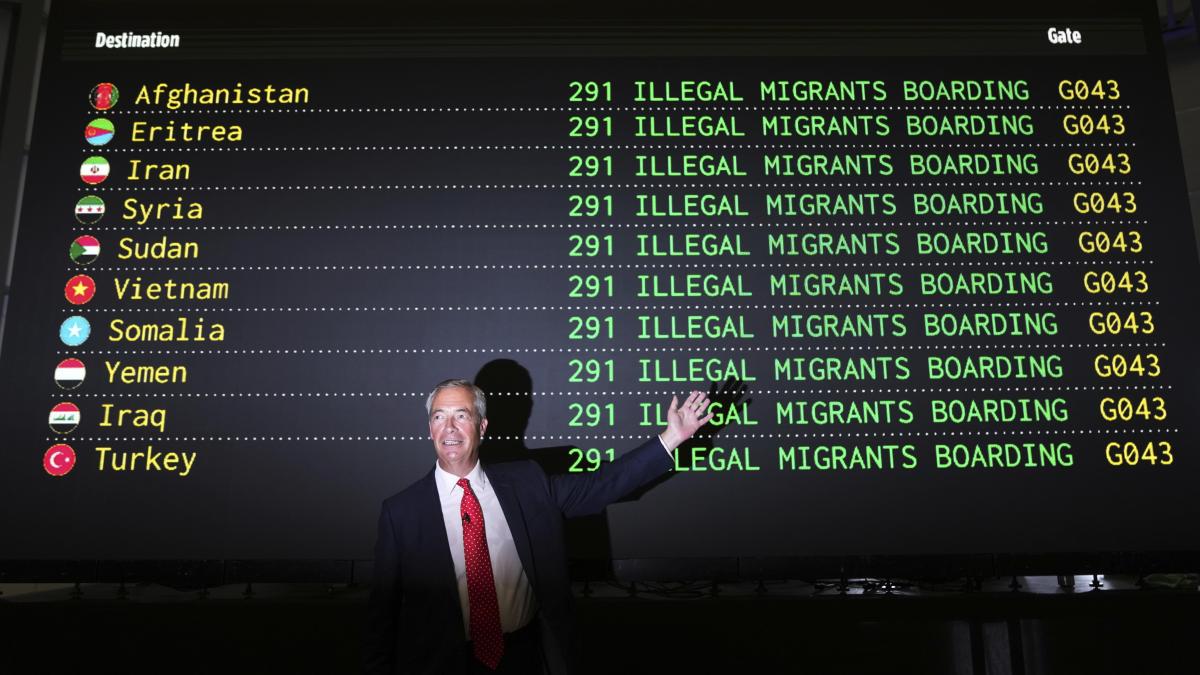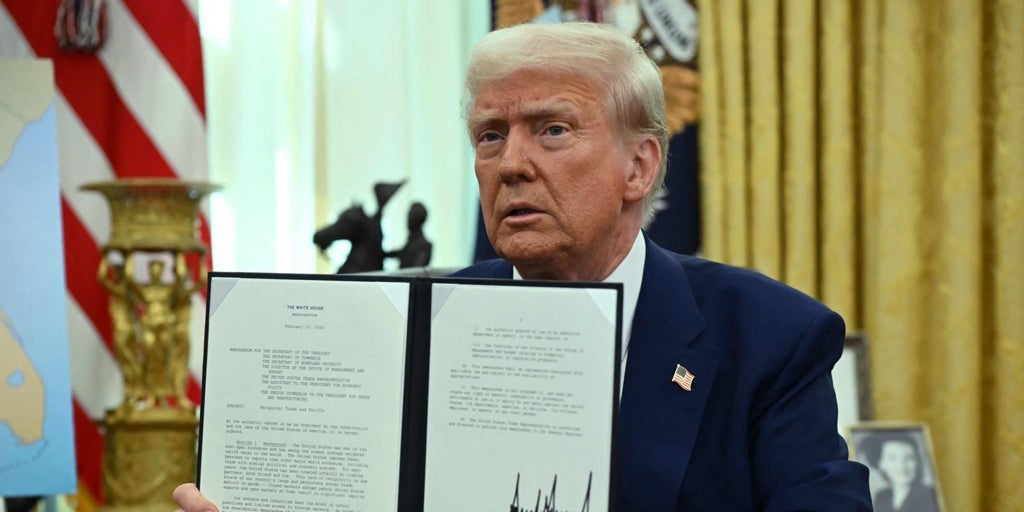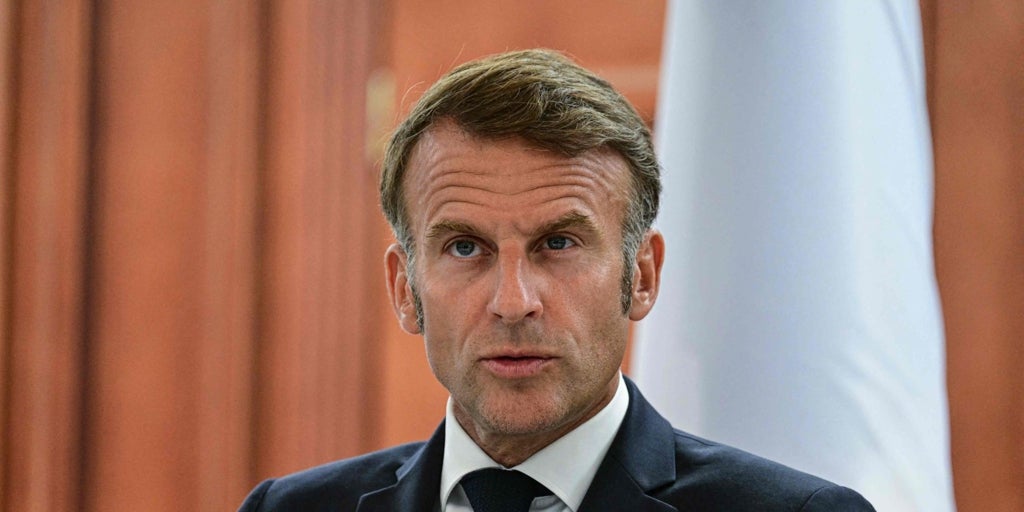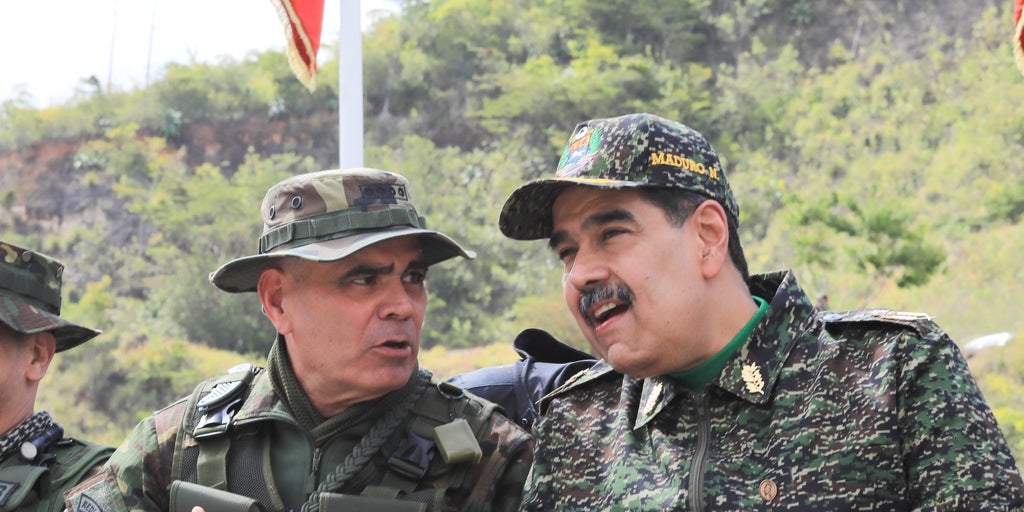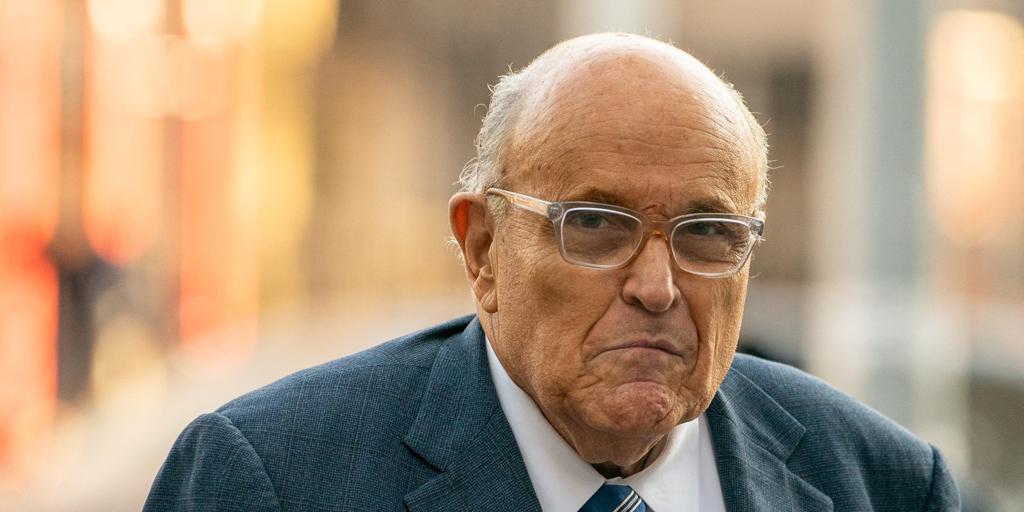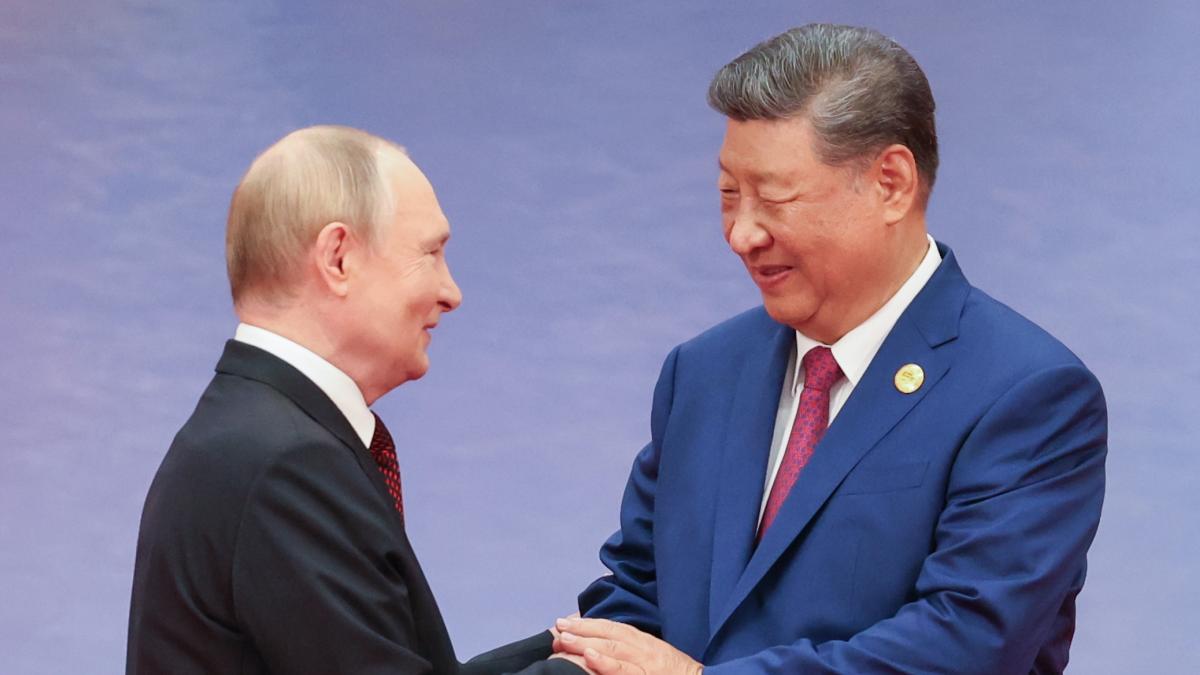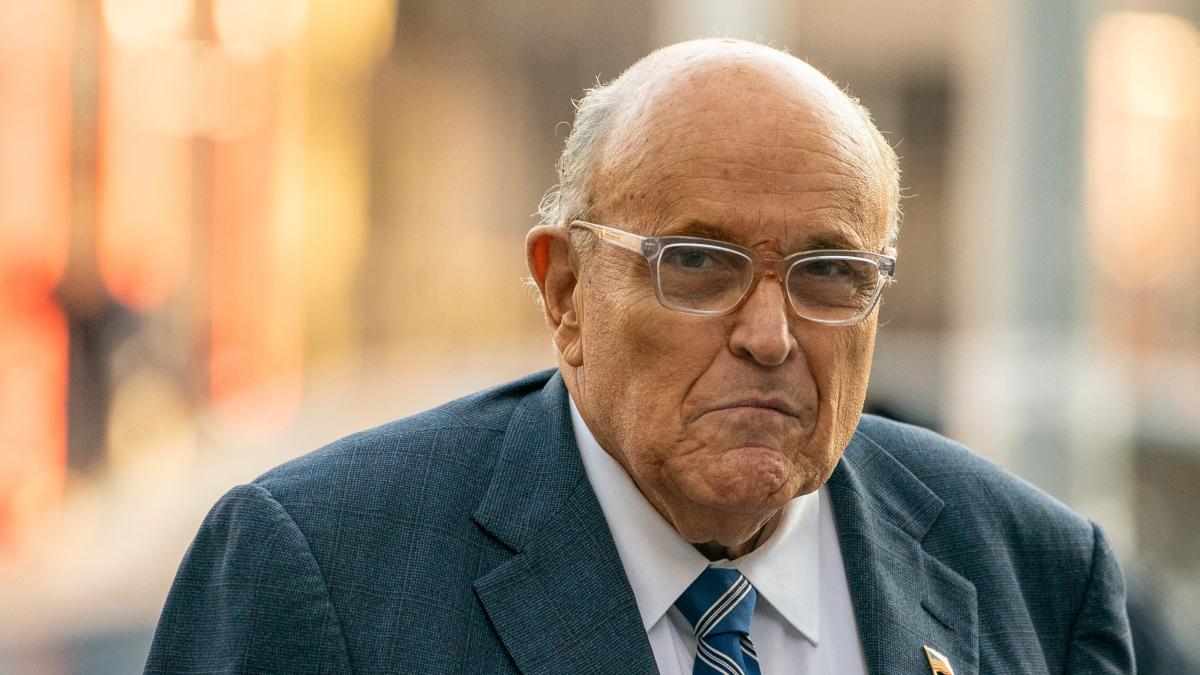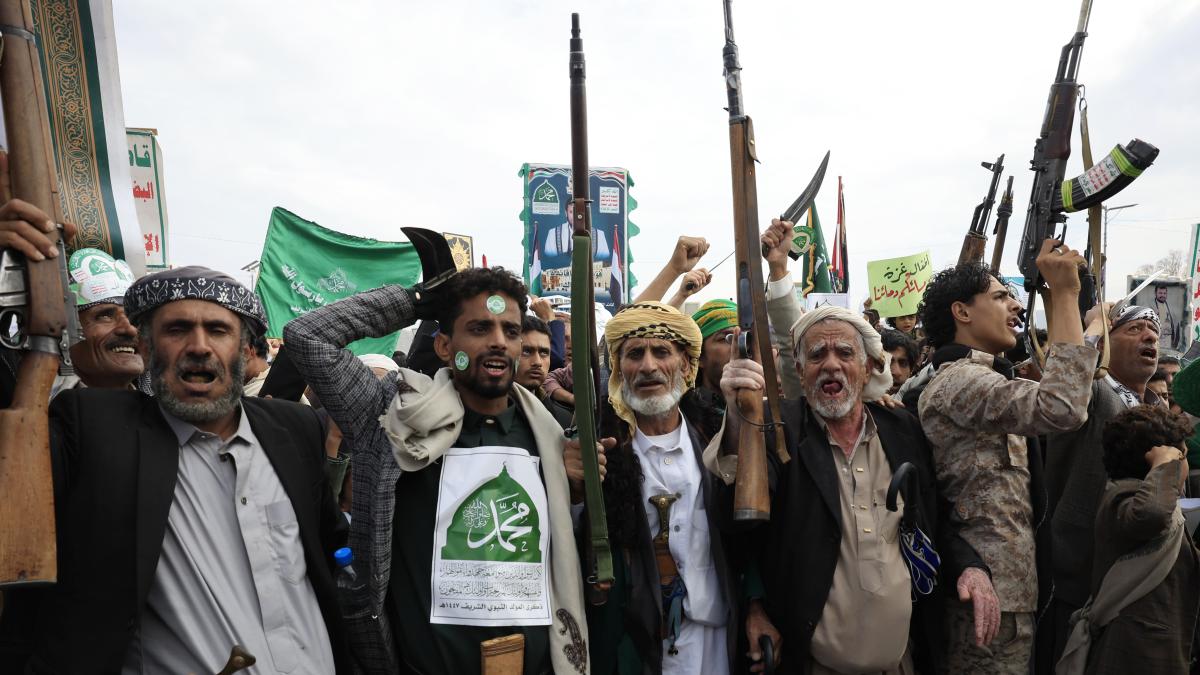Paramilitary Assault in Sudan Claims at Least 40 Lives
At least 40 people were killed this Wednesday, tragically gunned down in an attack in South Sudan orchestrated by the notorious paramilitary group, the Rapid Support Forces (RSF). The brutal assault targeted the town of Wad Ochaïb, located in the central state of Al Jazeera, an area already bearing the devastating scars of over a year and a half of violent conflict.
Local medical services reported harrowing details, revealing that residents in Wad Ochaïb began to alert authorities of a paramilitary onslaught on unsuspecting civilians on Tuesday afternoon. According to an eyewitness who communicated a grim account to AFP, “The attack resumed this morning,” emphasizing how the paramilitaries were not just inflicting casualties but also engaging in rampant looting.
“The 40 people were directly hit by bullets,” a doctor from the nearby Wad Rawah hospital revealed. Due to the precarious security situation, the medical professional chose to remain anonymous, echoing the fear gripping those in the healthcare sector amidst continuous assaults on medical personnel.
The current state of Sudan is one of utter chaos, as it remains entrenched in a bitter war that ignited in April 2023 between the RSF, led by General Mohamed Hamdane Daglo (popularly known as Hemedti), and the Sudanese Armed Forces (SAF), headed by General Abdel Fattah al-Burhane. Both factions are vying for control in a nation that has descended into an abyss, with death toll estimates ranging from a staggering 20,000 to a staggering 150,000, many of which remain unrecorded due to the ongoing turmoil.
Escalating Violence in the Region
This heinous attack in Wad Ochaib coincides with a troubling surge in violence in the Al-Jazeera state, particularly following the defection of a prominent paramilitary commander to the SAF in the previous month. As of recent UN reports, more than 340,000 individuals have been displaced in this region since October, further exacerbating an already dire humanitarian crisis.
The escalating violence has caught the attention of major global authorities, with the United Nations warning that the instability “endangers the lives of tens of thousands of people.” In a staggering refugee crisis, over 11 million people have been uprooted with more than 3 million fleeing to neighboring countries in search of safety.
The Broader Implications of the Sudanese Conflict
The serious ramifications of this conflict reach beyond mere numbers. The prolonged violence engenders emotional and psychological scars among survivors, as fear and trauma become an unwelcome part of daily existence. The RSF’s troubling history, rooted in its past as the Janjaweed militias involved in the earlier conflict in Darfur, showcases its tendency to employ extreme measures including violence and human rights violations.
Since its inception in 2013, the RSF had been used as a tool of the government in suppressing dissent, notably during the 2019 pro-democracy protests. Their involvement in the latest civil war, marked by chaos and massacres, demonstrates a worrying trend of militarized response against civilians, providing a grim context to the tragic incidents occurring today.
A Cry for Action Against Impunity
The international community appears divided in its approach toward the conflict in Sudan. With military and political support being covertly extended to either side of the conflict, the lack of a unified response exacerbates the already precarious situation. Observers and humanitarian groups have called for immediate international intervention and robust humanitarian assistance to alleviate the suffering amidst increasing violence.
The world can no longer remain silent as atrocities unfold. The appalling deaths of at least 40 individuals in one day should serve as a wake-up call, demanding an urgent reassessment of how the international community engages with the tumultuous situation in Sudan. A collective insistence on accountability and justice is essential to prevent further bloodshed.
Conclusion: The Urgency of Change
It is no exaggeration to state that Africa’s largest country faces a grave humanitarian and political crisis. As the death toll continues to rise and human lives are shattered in this brutal conflict, the call for decisive action to put an end to the spiraling violence in Sudan has never been more urgent. The wave of destruction, despair, and emotional trauma must prompt a reassessment of our roles and responsibilities as global citizens.
In the unfolding tragedy of Sudan, every life lost represents not just a statistic, but a human being, each with dreams, aspirations, and loved ones left behind. It is time to vehemently demand peace and a path towards recovery, before it becomes too late.
Source Link: Source

